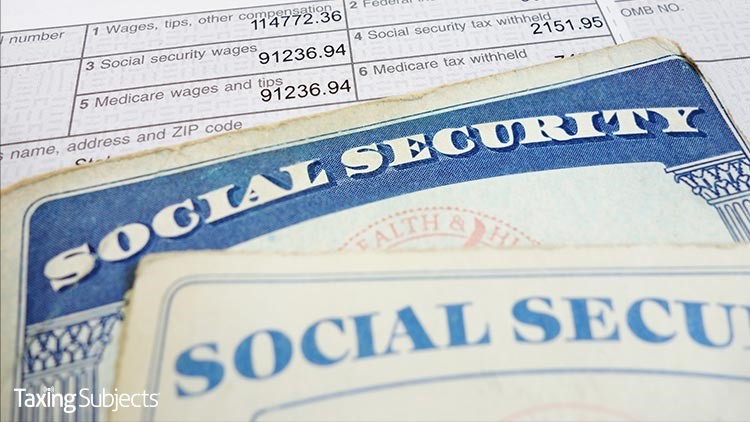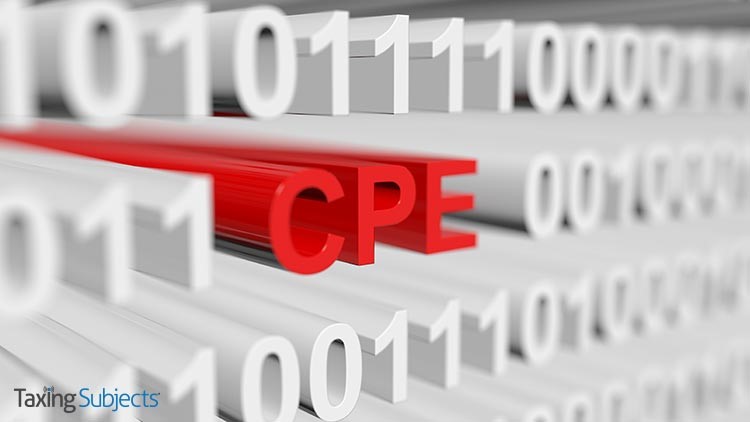
by | Apr 2, 2020 | Tax Tips and News
The coronavirus pandemic has pushed the IRS to order its workforce to work from home. The IRS issued an email announcing the shift, and Accounting Today magazine obtained a copy of the email.
“As a result of recent OPM [U.S. Office of Personnel Management] guidance, starting Monday, March 30, 2020, the IRS is directing all employees, including employees who are currently not teleworking but whose work is portable or can be adapted to work off-site, to evacuate the work site and work from home (or an alternate location)—including employees who are not currently on a telework agreement,” said the memo. “All employees affected by this directive must take their equipment home to be prepared to work from home.”
The email directed workers to a chart that shows just which employees were expected to leave the premises and gave information to managers to better answer employee questions.
The memo also makes it clear that sick employees should not come in to the office, citing concerns for their own safety—and the safety of others.
The move to evacuate is no surprise to the union that represents IRS workers. Accounting Today reports the National Treasury Employees Union previously urged all federal agencies to close buildings housing 50 or more employees.
Latest in a Series of Steps
The IRS just recently closed its Practitioner Priority Service, which services the needs of tax professionals. The IRS website also said some other operations are being curtailed during the virus onslaught, but the agency is continuing to accept tax returns and send out refunds, both activities deemed mission-critical by the IRS.
The work-at-home order may have implications for the IRS’ latest project: sending out the stimulus payments that were approved by Congress to taxpayers. Those millions of checks and direct deposits are expected to be sent out in the next few weeks. The IRS cautions, though, checks sent through the mail will take longer to process.
– Story provided by TaxingSubjects.com

by | Apr 2, 2020 | Tax Tips and News
Economic Impact Payments are automatic for retirees.
The Treasury Department recently dispelled some uncertainty regarding how it would handle economic impact payments for Americans on Social Security. According to the press release, those who rely on Social Security payments will simply receive stimulus money via direct deposit.
Treasury is instructing the IRS to use Forms SSA-1099 and RRB-1099 to direct payments to those who don’t regularly file tax returns. Treasury Secretary Steven Mnuchin explained the rationale for the update: “We want to ensure that our senior citizens, individuals with disabilities, and low-income Americans receive Economic Impact Payments quickly and without undue burden.”
The clarification comes days after initial guidance recommended that those who don’t normally file tax returns “file a simple tax return to receive an economic impact payment,” specifically listing Social Security recipients alongside “low-income taxpayers, senior citizens, … [and] some veterans and individuals with disabilities.”
Some of the confusion seems to have arisen from the method used to determine economic impact payment eligibility: the income claimed in a recent tax return. Since these payments have a phase-out threshold, tax returns are being used to determine how much stimulus money—if any—taxpayers will receive. Now, Social Security recipients will automatically get their $1,200 payment.
Guidance isn’t yet clear as to what steps should be taken by low-income taxpayers who don’t receive Social Security benefits and aren’t required to file a tax return. Be sure to check the Taxing Subjects blog for other tax updates!
Source: “Social Security Recipients Will Automatically Receive Economic Impact Payments”
– Story provided by TaxingSubjects.com

by | Apr 1, 2020 | Tax Tips and News
COVID-19 could affect CPE reporting deadlines.
The National Association of State Boards of Accountancy (NASBA) on Tuesday announced that it was recommending state boards of accountancy across the country extend their CPE-completion deadlines to accommodate accountants affected by COVID-19 disruptions. This development comes on the heels of federal, state, and local governments implementing a number of public safety measures designed to reduce the spread of the coronavirus.
NASBA recommended extending current CPE deadlines to October 31, 2020. “If a CPA’s reporting period ended on March 31, 2020, the licensee would have until October 31, 2020, to complete the CPE requirements for that reporting period,” NASBA explained. “Similarly, if a CPA’s reporting period ended on June 30, 2020, the licensee would have until October 31, 2020, to complete the required CPE.”
As an advocacy and advisory group for state boards of accountancy, NASBA notes in the press release that it does not hold regulatory authority over those bodies. While individual boards of accountancy will make their own determinations concerning CPE deadlines for current and pending licensees, NASBA committed to cataloguing which states extend their CPE deadlines.
In the announcement, NASBA noted that their office—located in Nashville, TN—has already transitioned to remote work, underscoring the challenges faced by businesses across the country.
Source: “CPE Reporting Grace Period Due to COVID-19 – NASBA Recommendations”
– Story provided by TaxingSubjects.com




